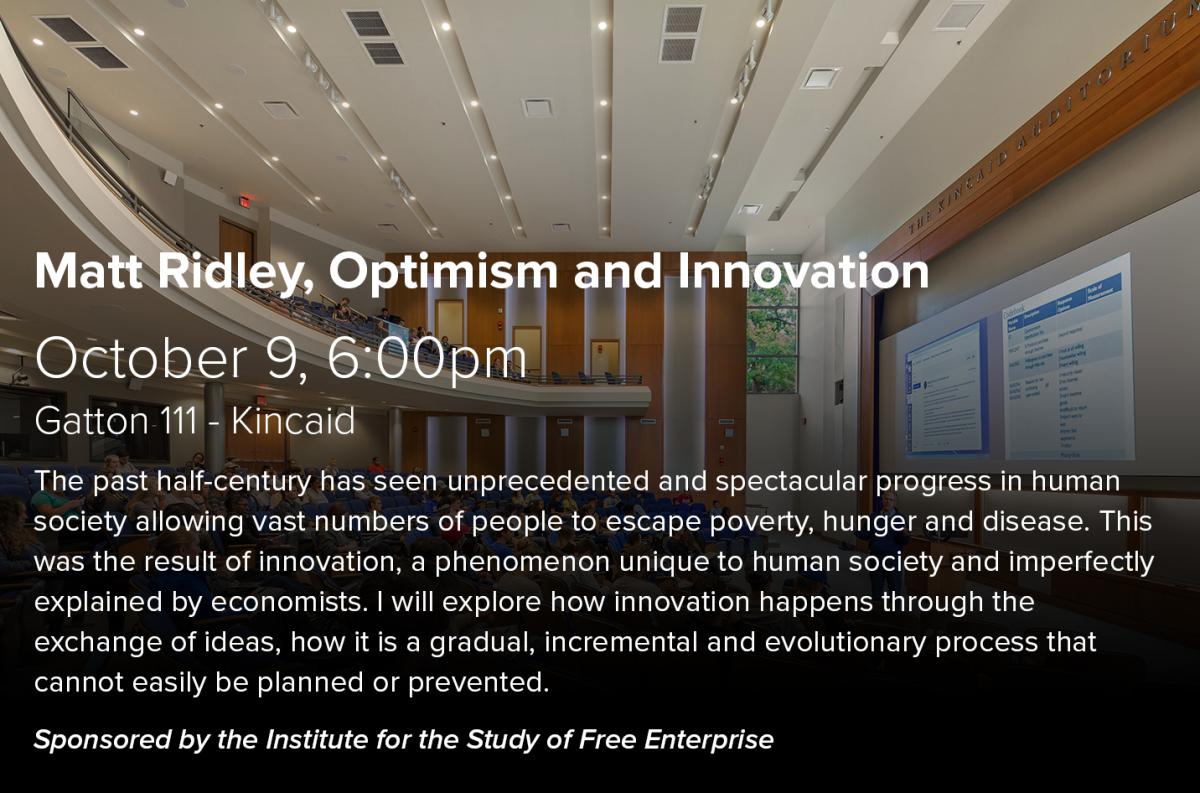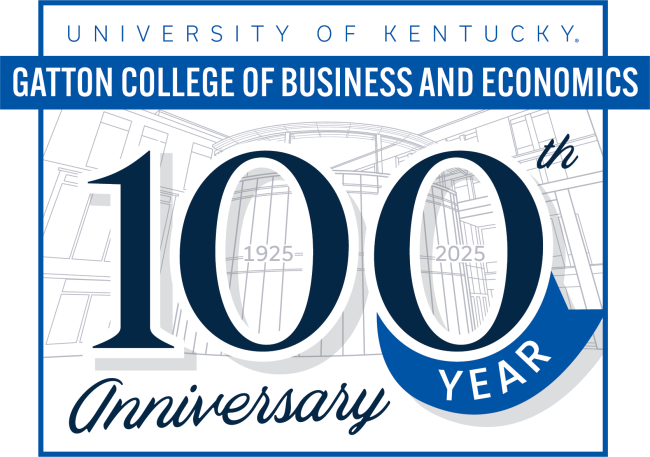Matt Ridley is is the author of books on evolution, genetics and society. He argues that human beings’ ability to connect, collaborate and co-operate gives our species an often underestimated capacity for change and social progress.
Matt worked for the Economist for nine years as science editor, Washington correspondent and American editor, before becoming a self-employed writer, speaker and businessman. He currently writes the Mind and Matter column in the Wall Street Journal and writes regularly for The Times.
In his best-selling book, The Rational Optimist: How Prosperity Evolves (Fourth Estate, 2010), Matt takes on contemporary pessimism to argue that, in spite of disasters and reverses, the world has been getting better and better for humanity over the last two centuries, and that our quality of life and material wealth will continue to increase in the 21st century. In our lifetime, per capita income has trebled, lifespan has increased by one third and child mortality has fallen by two thirds. The book was longlisted for the FT’s Business Book of the Year, short-listed for the Samuel Johnson prize for nonfiction, and won the 2011 Hayek Prize and the 2012 Julian Simon award.
Speaking at TEDGlobal 2010, Matt Ridley showed how, throughout history, the engine of human progress has been the meeting and mating of ideas to make new ideas. It’s not important how clever individuals are, he argues; what really matters is how smart the collective brain is. Innovation comes from people and human exchange, not from government policy or elite diktats. The talk has almost 2 million views.
His book, The Evolution of Everything (HarperCollins, 2015), argues that humanity’s most important achievements develop from the bottom up, and counters conventional assumptions that major scientific and social imperatives are dictated by top-down authorities.
Matt Ridley: Optimism and Innovation
Join the Institute for the Study of Free Enterprise for the event "Optimism and Innovation" with Matt Ridley on October 9th, 2018.
Matt Ridley's talk will give an overview of how innovation occurs. The past half-century has seen unprecedented and spectacular progress in human society allowing vast numbers of people to escape poverty, hunger and disease. This was the result of innovation, a phenomenon unique to human society and imperfectly explained by economists. Ridley will explore how innovation happens through the exchange of ideas, how it is a gradual, incremental and evolutionary process that cannot easily be planned or prevented. Continuing innovation gives hope that we will continue to solve humankind’s problems, including environmental ones.
The event is free and open to the public. Please join us in Gatton B&E Kincaid Auditorium, room 111, from 6:00pm to 7:00pm. Pizza and refreshments will be served at the end of the event.


